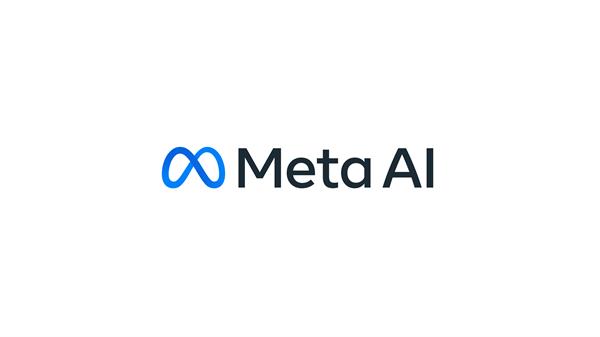Meta moves members of its Responsible AI team to other groups
Meta has integrated its Responsible AI team into other groups within the company, aiming to embed responsible AI practices into its core product development processes.
Meta, the parent company of Facebook, Instagram, and WhatsApp, has announced that it is dispersing the members of its Responsible AI (RAI) team among other groups within the company. This decision comes as Meta faces mounting criticism over its use of artificial intelligence (AI) in its products and services.

The RAI team was initially formed in 2018 to address the potential harms associated with AI technologies. Its responsibilities included identifying and mitigating AI biases, promoting transparency and accountability in AI decision-making, and educating the public about AI ethics.
However, recent reports have indicated that the RAI team's influence within Meta has diminished over time. In October 2023, The Information reported that Meta had disbanded a separate team focused on responsible innovation, which was tasked with addressing potential harms tied to Meta's products.
In response to these concerns, Meta has stated that the decision to integrate the RAI team into other groups is intended to strengthen the company's commitment to responsible AI development. By embedding responsible AI practices into its core product development processes, Meta aims to build AI products that are fair, unbiased, and aligned with its ethical principles.
"We continue to prioritize and invest in safe and responsible AI development," a Meta spokesperson said in a statement. "These changes will allow us to better scale to meet our future needs."
According to Meta, most members of the RAI team will be moving to the company's generative AI product team. Generative AI is a rapidly developing field of AI that involves developing algorithms that can create new content, such as images, videos, and text.
Meta has been investing heavily in generative AI in recent years, and the company believes that the integration of the RAI team will help to ensure that its generative AI products are developed responsibly.
The move to integrate the RAI team has been met with mixed reactions. Some experts believe that it is a positive step that will help to mainstream responsible AI practices within Meta. Others are concerned that it could weaken the company's focus on AI ethics.
Only time will tell whether the integration of the RAI team will be successful in promoting responsible AI development at Meta. However, the company's decision to make this change is a sign that it is taking the issue of AI ethics seriously.
Implications of the Move:
The integration of the RAI team into other groups at Meta has several implications for the company's AI development practices:
Embedding responsible AI into core product development: By integrating RAI experts into product development teams, Meta aims to ensure that responsible AI considerations are taken into account at every stage of the product development process.
Promoting cross-functional collaboration: Integrating RAI into different groups will foster collaboration between AI experts and those working on product design, engineering, and policy. This collaboration can lead to more comprehensive and effective approaches to responsible AI development.
Scaling responsible AI practices: By embedding RAI into multiple groups, Meta can scale its responsible AI efforts across the company, ensuring that AI principles are considered in a broader range of projects and products.
Balancing innovation and responsibility: Meta is facing the challenge of balancing rapid AI innovation with responsible development practices. Integrating RAI into its core operations could help the company strike a balance between these two objectives.
Conclusion:
Meta's decision to integrate its Responsible AI team into other groups is a significant step in its efforts to address the challenges of responsible AI development. By embedding responsible AI practices into its core product development processes, Meta aims to build AI products that are fair, unbiased, and aligned with its ethical principles. The success of this approach will depend on Meta's ability to effectively integrate RAI experts into its product development teams, promote cross-functional collaboration, and scale responsible AI practices across the company.